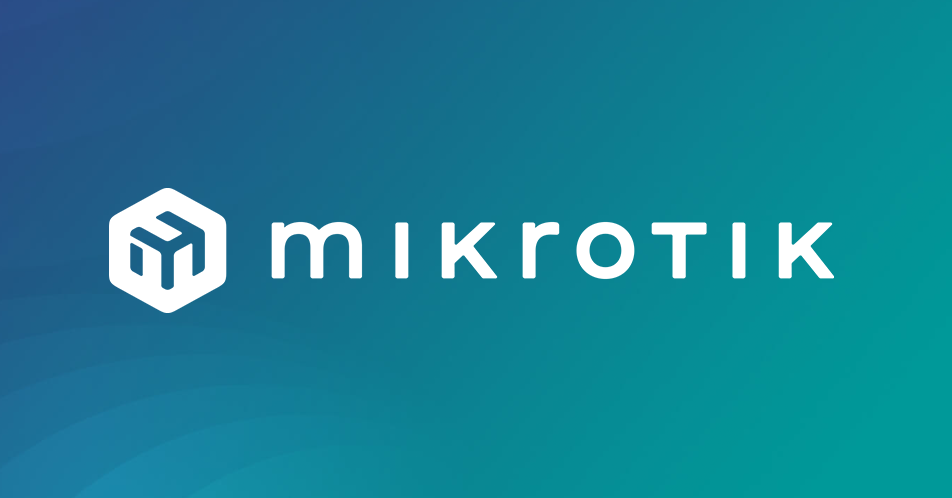Mikrotik RouterOS is a powerful, flexible, and reliable operating system designed to manage network routers and switches. Developed by Latvian company Mikrotik, this robust networking software has gained immense popularity among IT professionals and network administrators worldwide. In this blog post, we will delve deeper into RouterOS, exploring its features, benefits, and applications.

Unraveling Mikrotik RouterOS
As a Linux-based operating system built on top of the Linux kernel, the core objective of RouterOS is to deliver sophisticated routing functionalities and network management tools. With an extensive range of protocols and integrated features tailored for routers and switches, RouterOS has become a popular solution in both small-scale home networks and large-scale enterprise environments.
Key Features of Mikrotik RouterOS
- Rich Routing Protocols Suite: One of the most notable aspects of RouterOS is its wide array of supported routing protocols. This includes Static Routing, RIP v1/v2, OSPF v2/v3, BGP, MPLS, VPLS, TE (Traffic Engineering), and Multicast Routing support.
- Firewall & Security: In addition to routing capabilities, Mikrotik’s RouterOS embeds a powerful firewall feature set. This allows administrators to secure their networks using advanced mechanisms like filtering rules, NAT rules, packet marking/mangling, IPsec VPNs, Layer 7 protocol support for deep packet inspection (DPI), as well as securing access to the router itself with SSH and Winbox.
- Traffic Shaping & Management: To facilitate an optimal flow of traffic within networks and ensure fair distribution of bandwidth among users, RouterOS offers advanced traffic shaping features such as Queue Trees, Simple Queues & PCQ (Per Connection Queues), Bandwidth Limiting per User or Subnet with Burst options, and DSCP/ToS packet prioritization.
- User Authentication & Management: For users requiring authenticated access to your network, RouterOS provides the Hotspot, PPPoE, and VPN (L2TP/IPSec) server features so you can easily set up various types of authentication services tailored to your network requirements.
- High Availability & Redundancy Support: For mission-critical environments where uptime is crucial, RouterOS supports VRRP (Virtual Router Redundancy Protocol), providing router redundancy and ensuring seamless failover in case of a hardware failure
Check more: https://www.nerdean.com/how-to-config-mikrotik-hotspot-with-userman/
Download RouterOS: https://mikrotik.com/download



Leave feedback about this